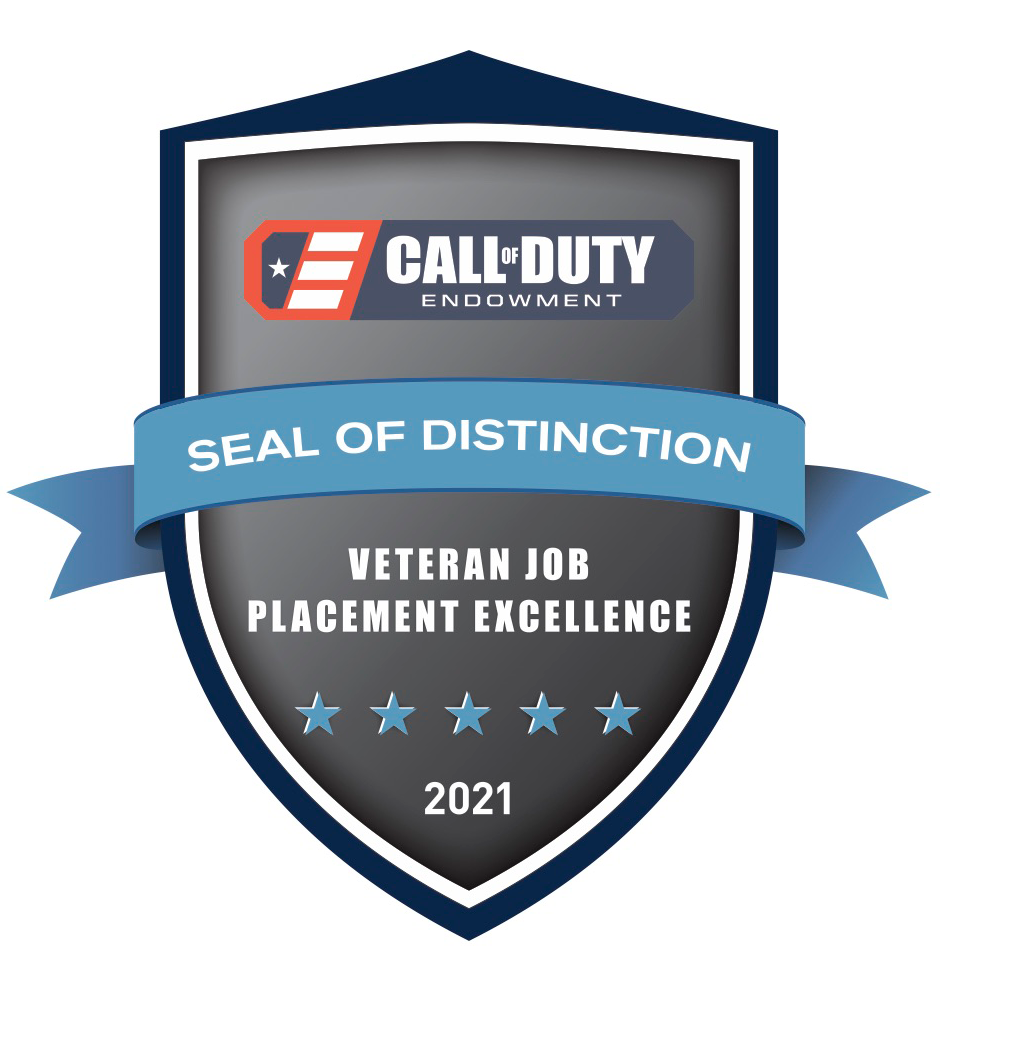Veterans: A Vital Link in the Supply Chain
LOOK AT ANY MANMADE ITEM NEAR YOU. Is it your keyboard? Your kid’s favorite stuffed animal? Your neighbor’s car? Now, ask yourself how many people were involved in bringing that object to its present location. In our globalized economy, the answer is almost certainly in the hundreds, if not thousands. Each plays a unique and vital role, but what they all have in common is that they are part of the worldwide supply chain.
The supply chain industry has been a media celebrity in recent years, due to the disruptions of the COVID-19 pandemic. But since long before spring 2020, supply chain has been a varied, dynamic and critical pillar of the global economy. If you’re calm under pressure, enjoy problem-solving, and roll with daily changes, a job in supply chain logistics could be your smartest post-transition move.
Military experience across MOS’s and rates can be a bridge to a logistics career after your transition. Nick Bullard, an ACP Protege and U.S. Army veteran who served as an armor crewman, found that his experience as a Staff Sergeant was a natural fit for supply chain. “As an NCO, you need to think on your feet - there’s always going to be something wrong,” he says. That ability was critical to his success in the fast-paced world of supply chain, where no two days are the same and you’re rarely more than an hour away from a problem that needs solving. Bullard says the veterans he works with are more resilient against the job’s everyday stresses.
Jon Cox, a retired U.S. Navy Commander and fellow ACP Protege, agrees that your time in service offers many opportunities to gain valuable knowledge. If you are still serving, Jon says, “Find out who controls your [unit’s] budget or inventory and ask them to put you to work” on smaller tasks. Those collaterals can go straight on your brag sheets, which will be the primary sources when it’s time to write a civilian resume. And if you’re not a logistics officer like Jon, the field is so broad that military expertise in budgeting, inventory, project management, or even IT can be pathways to logistics jobs.
Both Bullard and Cox encourage service members and veterans interested in a supply chain career to leverage their educational opportunities. In addition to military tuition assistance, organizations like Onward to Opportunity and Hiring Our Heroes offer no-cost educational pathways to certifications in project management and other relevant skills.
Supply chain is a solid choice for versatile veterans looking for a stable place to land. Cox’s ACP Mentor Bill Davidson, Director of Supply Chain & Quality at L. Garde Aerospace, highlights the robust nature of the supply chain job market, even during economic downturns. “There aren’t too many vertically integrated companies now,” he points out, “and every organization needs to closely coordinate with domestic and international partners.” Davidson says the global nature of the industry also makes it easier for applicants to work all over the world.
If you’re interested in this fast-growing, diverse field, an ACP Mentorship is your first step toward discovering your next career. Apply at acp-usa.org, and an ACP Operations associate will reach out to discuss how a year-long, no-cost mentorship can unlock your professional potential!











